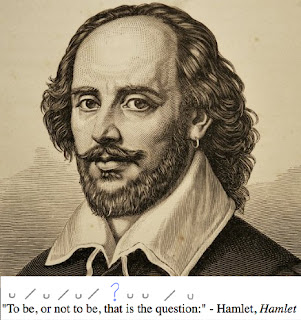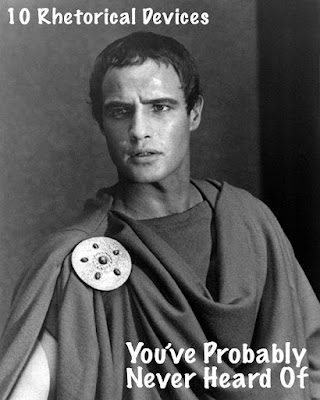Shakespeare on Free Will vs. Fate
"The fault, dear Brutus, is not in our stars / But in ourselves, that we are underlings." (Julius Caesar, I.3.140-141) Do humans decide their own actions, or is human action determined by the stars?
This Shakespearean question continues to the modern day. Do humans really have free will, or are they born with a certain nature that pushes them towards every decision they make? According to Shakespeare's plays, the (sometimes unsatisfying) answer is a combination of the two. Humans have some degree of free will––though their given natures, a result of forces outside that person's control, do impact their actions.
Shakespeare puts forth this balance between that free will and predetermination in Edmund's second monologue in King Lear. Underlined words are glossed below.
"This is the excellent foppery of the world, that when we are sick in fortune, often the surfeits of our own behaviour, we make guilty of our disasters the sun, the moon and the stars, as if we were villains on necessity, fools by heavenly compulsion, knaves, thieves, and treachers by spherical predominance; drunkards, liars and adulterers by an enforced obedience of planetary influence; and all that we are evil in by a divine thrusting on. An admirable evasion of whoremaster man, to lay his goatish disposition on the charge of a star. My father compounded with my mother under the dragon's tail and my nativity was under Ursa Major, so that it follows I am rough and lecherous. Fut! I should have been that I am had the maidenliest star in the firmament twinkled on my bastardizing." – King Lear (I.2.118-132)
In this monologue, Edmund argues that men blame their faults on celestial forces, though celestial forces are not to blame for human action ("as if we were..."). At the beginning of the speech, he acknowledges that humans "often" have free will. However, "often" suggests that there are some cases in which human action is determined by outside forces. Edmund continues to attribute human immorality to humans alone. He concludes by stating that his "rough and lecherous" nature is not due to the constellations of his birth. Despite this assertion, Edmund still implies that outside forces could have determined his nature. His "rough and lecherous" nature is not due to the stars on the day of his "bastardizing," but it is due to the "bastardizing" itself. If Edmund had been born a legitimate child and had not been scorned by his father and society, perhaps his nature would have been similar to that of his honorable brother, Edgar.
This leaves us with one final question: if human nature is shaped by other factors (such as the influence of society, in Edmund's case), is human decision-making truly an expression of free will?




Interesting post. I would also point out an alternate view to Edmund’s in one of my favorite quotes from King Lear: “Men must endure their going hence even as their coming hither, Ripeness is all.” Thanks for the thought provoking post.
ReplyDelete